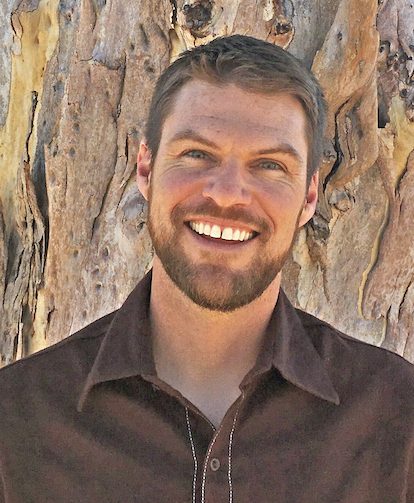 Joel E. Correia’s research and teaching focus on the intersections of human rights, justice, development, and environmental change with attention to Indigenous politics in Latin America. He employs participatory research methods, ethnography, and critical social theory to investigate the lived experience of struggles for justice and political mobilization by Indigenous and rural peoples confronting human rights violations. In collaboration with community partners, Joel is interested in understanding how rights and recognition are reworked in the context of land conflicts, socio-environmental (in)justice, and territorial struggles vis-à-vis development and extractivism in Latin America.
Joel E. Correia’s research and teaching focus on the intersections of human rights, justice, development, and environmental change with attention to Indigenous politics in Latin America. He employs participatory research methods, ethnography, and critical social theory to investigate the lived experience of struggles for justice and political mobilization by Indigenous and rural peoples confronting human rights violations. In collaboration with community partners, Joel is interested in understanding how rights and recognition are reworked in the context of land conflicts, socio-environmental (in)justice, and territorial struggles vis-à-vis development and extractivism in Latin America.
Broadly, Joel’s research seeks to understand how extra-local political, legal, and economic processes—like international Indigenous rights mechanisms, environmental governance schemes, and global commodity production and exchange—influence local livelihoods and the praxis of rights. He asks how these processes rework relationships between law, space, and society and with what effects. To date, he has conducted research on the Inter-American Court of Human Rights, Indigenous dispossession and land rights, soybean production and agrarian change, fair trade and Indigenous producer groups, and climate change adaptation. Currently, Joel is interested in the uneven enforcement of human rights laws and how different actors mobilize for social and environmental justice in an era where rights and recognition come without guarantees. For more detailed information about Joel’s research interests, ongoing projects, and publications, please visit his personal website.
Joel received his Ph.D. in geography with an emphasis in development studies from the University of Colorado Boulder in August 2017. He also holds an MA in Latin American Studies from the University of Arizona where he returned to work as a Postdoctoral Research Associate from 2017-2018. His academic training and research approach draw from political ecology, critical social theory, development studies, applied anthropology, and participatory qualitative research methods. Joel’s research and teaching are informed by his work, advocacy, and time living in Paraguay, Argentina, Chile, Mexico-U.S. borderlands, Kenya, Tibet, Southern Arizona, the Colorado Front Range, and Redwood Country. Drinking tereré with friends and strangers, cycling near but preferably far, and digging in the dirt (aka gardening) with his partner are some of his favorite pastimes.